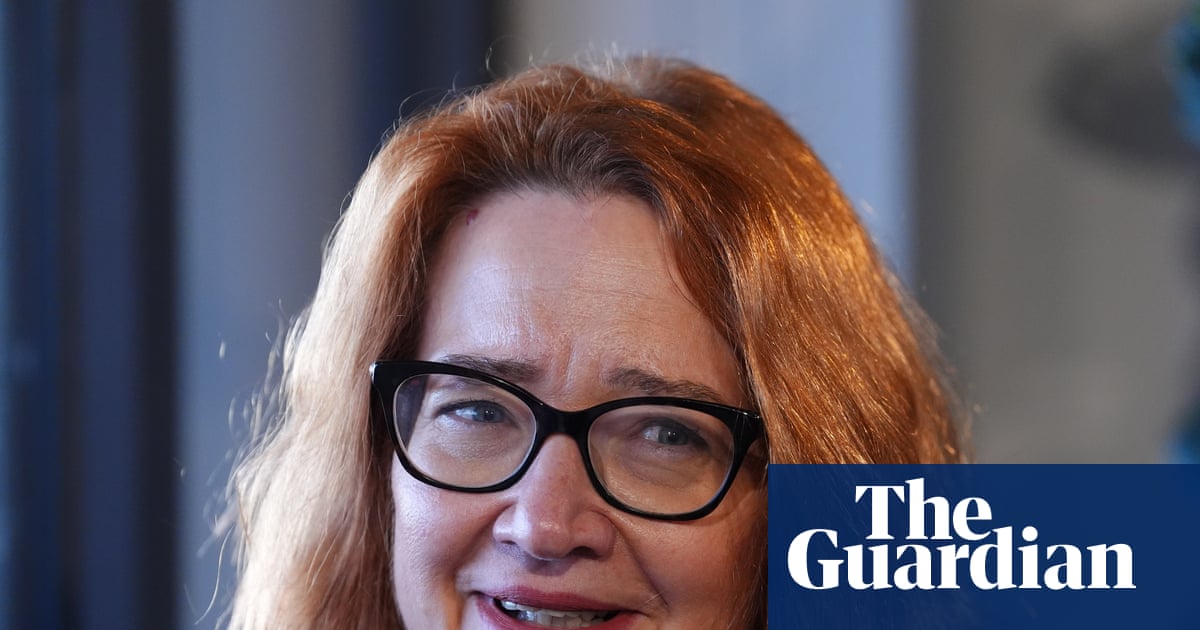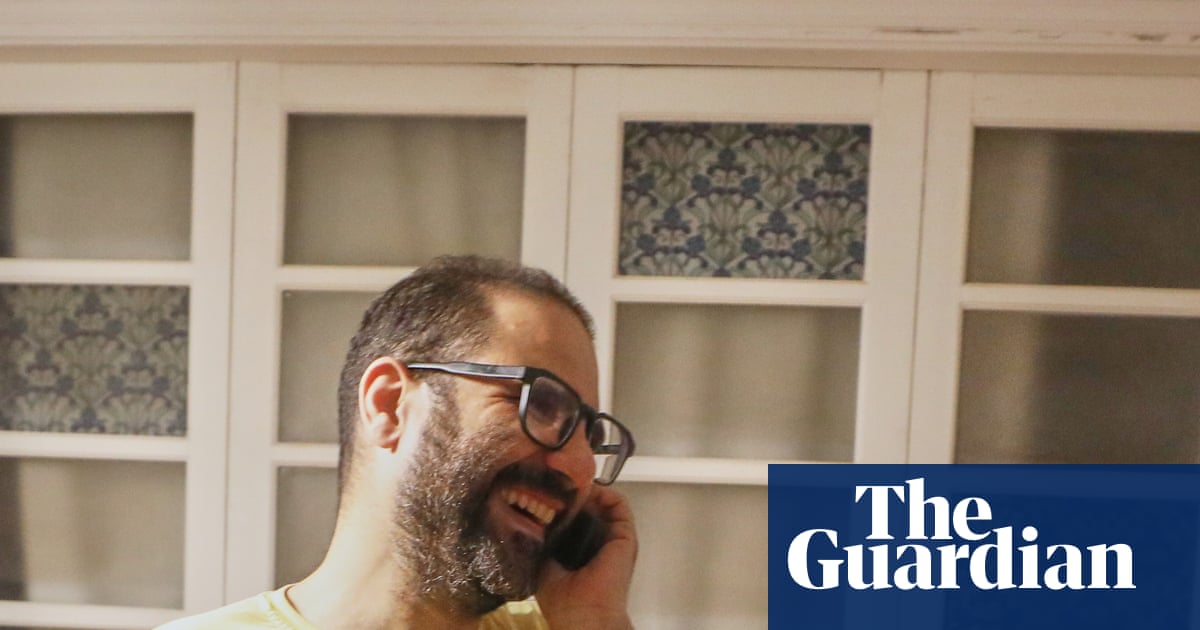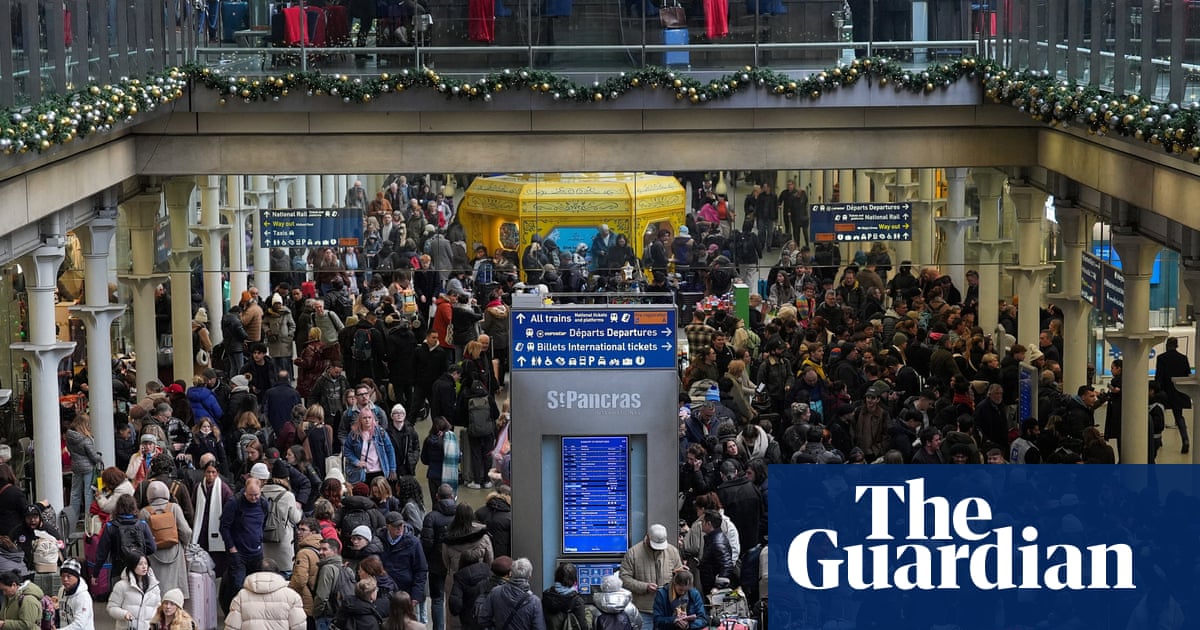Ministers are considering dropping one of their central green pledges in an effort to keep energy bills down, sources have told the Guardian.
Government insiders say Keir Starmer is prepared to miss his own target of removing almost all fossil fuels from the UK’s electricity supply by 2030 if doing so proves much more expensive than building gas power instead.
The issue will come to a head within weeks as Ed Miliband, the energy secretary, decides how much renewable energy to commission for the next few years. Allies say Miliband is willing to buy less than experts say is needed to hit the 2030 target, if paying for them would push energy bills much higher than their current levels.
Concern is growing in Downing Street that the cost of living is fuelling the rise of Reform UK, which leads national polls and is predicted to take the Welsh Senedd seat of Caerphilly in a byelection this week.
One government insider said: “There is a choice about what price you’re willing to pay for the next [renewables] auction round, which is key to hitting 2030. If it comes to a choice between hitting the target and overpaying, or missing it and keeping costs down, we will miss it.”
Officials pointed to comments Miliband made last week, when he told an energy industry conference: “We won’t buy at any price. And if specific technologies aren’t competitive, we will look elsewhere. We will take the long-term decisions to secure the right amount of capacity at the right price for the country.”
Starmer committed to hitting the clean power target last year in his “plan for change”. The prime minister said at the time the plan would “make Britain a clean energy superpower and accelerate to net zero”.
Experts say that hitting the target would require Miliband to commission a record 8 gigawatts of new electricity generation at the current auction round. The government sets subsidy levels by asking renewable companies to bid and then commissioning whichever projects promise the cheapest clean energy.
The energy secretary is in talks with Rachel Reeves, the chancellor, about how much to spend on the commissioning round.
But energy industry insiders say high interest rates and the sheer amount of electricity that needs to be commissioned is likely to push prices beyond what it would cost to build the equivalent amount of gas power.
Dieter Helm, professor of economic policy at the University of Oxford, said Miliband was “deluded” if he thought he could bring down energy bills by pushing for clean power by 2030. “The reality is that net zero by 2030 is expensive and that by dashing flat-out towards it, the result will be even higher costs. The price is not coming down; it is going up.”
The state-owned energy system operator, NESO, which runs the electricity grid, recently warned: “With a short and shrinking window of time, pace must be the primary goal. However, this cannot come at the expense of public consent or excessive cost as that would mean the clean power objective would be self-defeating.”
Some officials in Downing Street and the Treasury want the prime minister to publicly drop the 2030 target in a sign to both voters and the energy industry that he is not willing to let bills rise, having previously promised to bring them down by £300.
Starmer is resisting this, and is instead understood to be willing to simply miss the target rather than openly disown it. One government aide said: “The prime minister made this the centrepiece of one of his missions. He is not going to drop it now.”
Another insider said: “It would be really silly to amend the target publicly – even if we accept the higher risk it won’t be met.”
Green experts also warn that ditching the target – either quietly or publicly – would reduce business confidence.
Jess Ralston, an energy analyst at the Energy & Climate Intelligence Unit, said: “Renewables provided around half of our electricity last year, and we have the world’s second largest market for offshore wind. Drastic policy changes could jeopardise that investment and those jobs, like we have seen in the US.”
Allies of Miliband insist that even if he does not commission the full 8GW of power in January, there will be other ways to make sure the electricity grid is almost entirely carbon free by 2030. They include building more batteries and encouraging people to use less electricity at peak times in order to reduce the amount of new capacity that needs to be built.
However, industry insiders say the 2030 target would be almost unachievable without the extra renewable power they say needs to be commissioned in January. One said: “There are other ways to make the sums add up, but unless you get close to 8GW of new power in this round, you’re very unlikely to hit the 2030 target.”

 2 months ago
51
2 months ago
51

















































